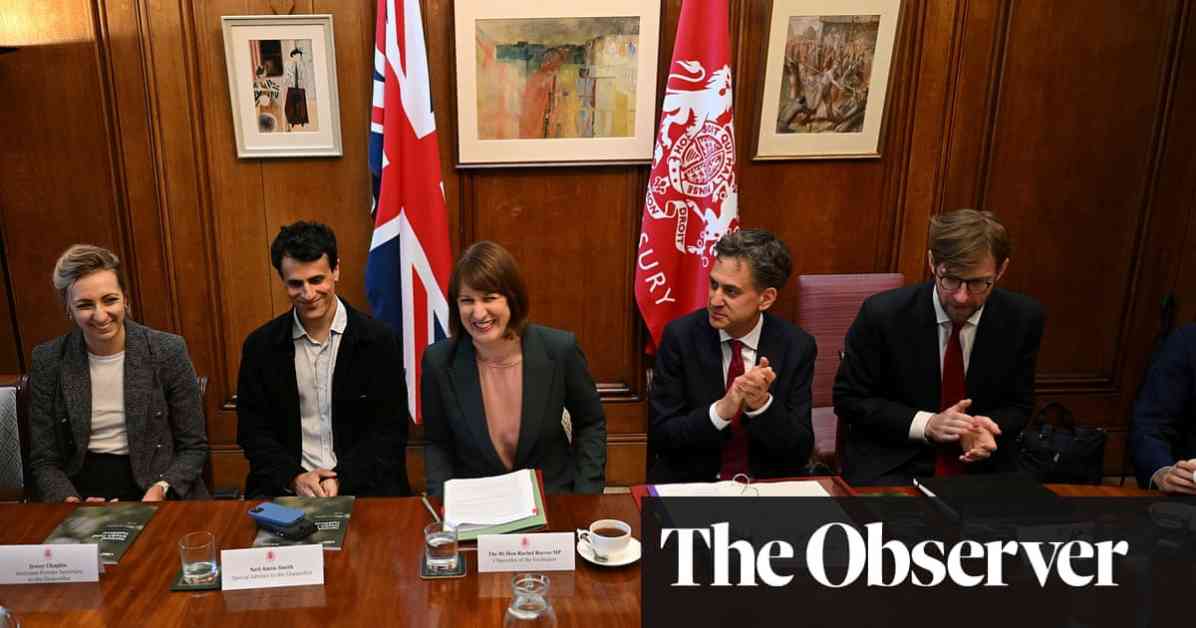Rachel Reeves could potentially generate around £10bn annually to fill half of the fiscal gap left by the Conservatives by increasing taxes on accumulated wealth, as per leading economists. A new study by the independent Resolution Foundation reveals that although Britain is experiencing a surge in wealth, the existing wealth taxes are inadequate, presenting an opportunity for the chancellor to raise much-needed funds by taxing the wealthiest individuals.
The report highlights that wealth in the country has grown significantly, from four times the national income during the Labour government to six times the national income presently, despite recent interest rate hikes. However, it also emphasizes the substantial wealth disparities in the country, with the top 10% of families possessing £1.3m more wealth per adult compared to those in the middle of the wealth distribution. The study further indicates that wealth inequality is nearly double the income inequality in the UK.
The Resolution Foundation study underscores that while wealth is increasingly concentrated at the top, taxes related to wealth as a percentage of national income remain low, at around 3%. The report suggests that inheritance tax (IHT) and capital gains tax (CGT) are not effectively structured to tax wealth and proposes reforms in these areas to support Rachel Reeves in meeting her fiscal goals.
The study recommends adjustments to IHT, which currently offers many generous reliefs leading to low effective tax rates for the wealthiest individuals. By eliminating or limiting these reliefs, the report estimates that up to £2bn could be raised annually, promoting fairness in the tax system. Additionally, linking capital gains tax rates to income tax rates could discourage tax avoidance strategies among the wealthy, potentially raising up to £7.5bn per year. These proposed changes could contribute significantly towards filling the fiscal gap and supporting public spending initiatives.
Simon Pittaway, a senior economist at the Resolution Foundation, underscores the importance of modernizing wealth taxes to address the financial disparities in the country and generate crucial revenue for the government. He emphasizes that while Britain has experienced a wealth surge, a significant portion of the population lacks a financial safety net, underscoring the need for efficient tax reforms.
Stuart Adam, a senior economist at the Institute for Fiscal Studies, acknowledges the potential for the government to raise billions through reforms to capital gains tax and inheritance tax. He points out that the current reliefs in these taxes, such as the exemption of pension pots from inheritance tax, are difficult to justify and present opportunities for revenue generation.
In conclusion, the proposal to reform wealth-related taxes to address wealth disparities and boost government revenue presents a viable solution to the fiscal challenges faced by the government. By implementing these reforms, Rachel Reeves could significantly bridge the fiscal gap while promoting fairness in the tax system and addressing the financial needs of the population.












